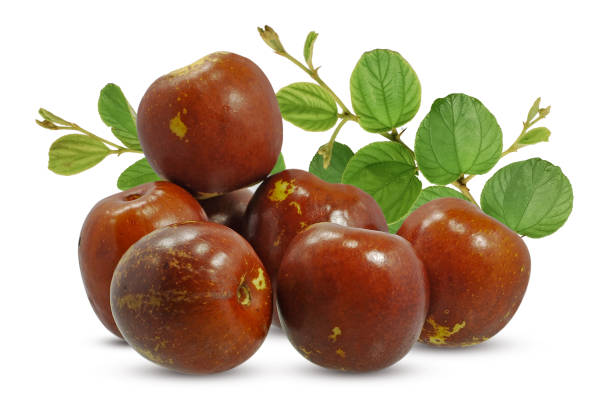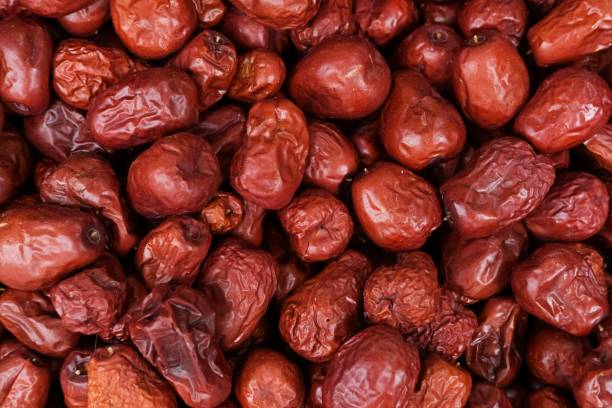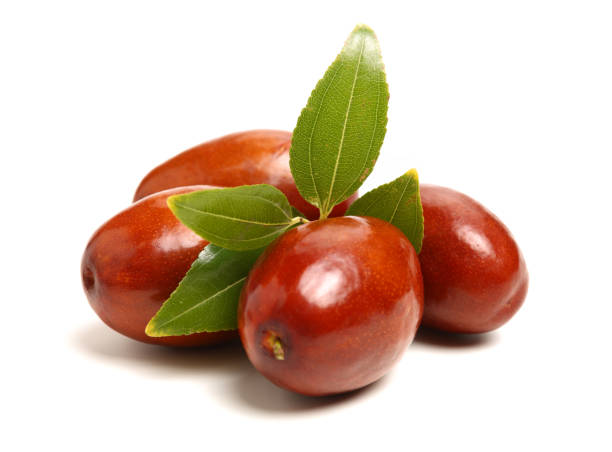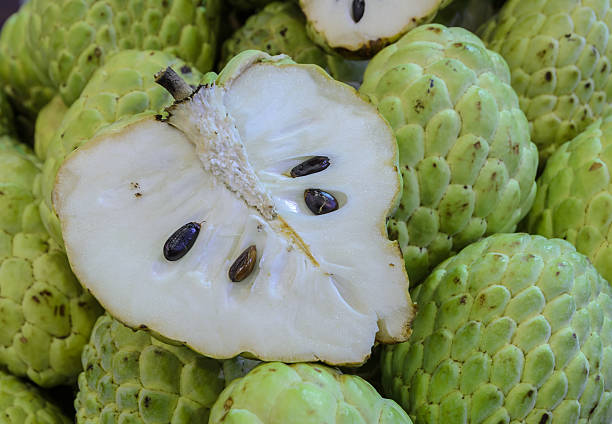Jujube, scientifically known as Ziziphus jujuba, is a small fruit that has been treasured for centuries, not only for its sweet and chewy taste but also for its impressive nutritional content. Native to Asia, jujube has gained popularity worldwide for its diverse health benefits and its role as a rich source of essential nutrients.
One of the standout features of jujube is its high concentration of vitamin C. As a potent antioxidant, vitamin C plays a crucial role in boosting the immune system, promoting collagen synthesis for skin health, and protecting cells from oxidative stress. Including jujube in one’s diet provides a tasty way to enhance daily vitamin C intake.

Jujube is also a notable source of dietary fiber, which is essential for digestive health. The fiber content aids in maintaining regular bowel movements, preventing constipation, and supporting a healthy gut microbiome. The inclusion of jujube in a well-balanced diet contributes to overall digestive well-being and may assist in weight management by promoting feelings of fullness.
Moreover, jujube contains a range of essential minerals, including potassium, magnesium, and iron. Potassium is vital for maintaining proper fluid balance, supporting heart health, and regulating blood pressure. Magnesium plays a role in muscle and nerve function, while iron is crucial for oxygen transport in the body. These minerals contribute to the nutritional profile of jujube, making it a valuable addition to a varied and nutrient-rich diet.

Jujube is also rich in bioactive compounds, including flavonoids and saponins, which have antioxidant and anti-inflammatory properties. These compounds contribute to the potential health benefits of jujube, such as reducing inflammation and protecting against chronic diseases.
Additionally, jujube contains a variety of vitamins, including vitamin A, which is essential for vision health, immune function, and skin integrity. The combination of vitamins and minerals in jujube makes it a well-rounded fruit that supports overall health and well-being.

In traditional medicine, jujube has been used for its calming and sleep-promoting properties. Some studies suggest that certain compounds in jujube may have a mild sedative effect, potentially aiding in relaxation and sleep quality. However, more research is needed to fully understand and validate these potential benefits.

In conclusion, jujube stands out not only for its delightful taste but also for its nutritional richness. Packed with vitamins, minerals, fiber, and bioactive compounds, jujube offers a sweet and nutritious addition to a well-balanced diet. Whether enjoyed fresh, dried, or in various culinary creations, incorporating jujube into one’s eating habits contributes to a diverse and healthful approach to nutrition.




